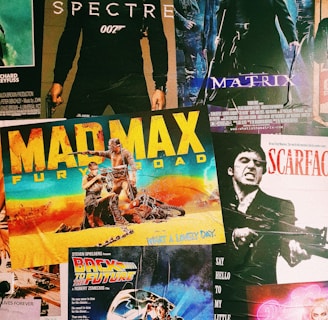Why does death scare us?
Embracing Mortality: Redefining Death in Today's World
Why Does Death Scare Us?
Death is an inevitable part of life—a natural event that every person will experience, irrespective of age, gender, or social status. Yet, despite its universality, society often shies away from discussing death, deeming it too morbid or unsettling. But why? Let's delve into this intriguing question.
The Fear of Death: A Natural Response
The fear of death is deeply rooted in our biology. As living beings, our survival instincts drive us to avoid potential threats and dangers. This instinct, commonly known as the "fight, flight, freeze" response, serves us well in immediate perilous situations, such as encountering a predator. However, when faced with the abstract concept of death—a threat without a tangible form—this instinctual fear lingers, manifesting as underlying anxiety.
The Curse of Self-Awareness
As self-aware beings, humans possess a unique understanding of their mortality—a realization that sets us apart from other creatures. This awareness fuels our fear of death, confronting us with the harsh reality of our finite existence. Acknowledging our impermanence challenges our sense of invincibility and prompts existential questions about the nature of life and death.
Facing Mortality Head-On
One of the primary reasons death unsettles us is the acknowledgment of our own mortality. Despite our remarkable capabilities and achievements, we are inherently fragile beings, destined to perish eventually. This recognition clashes with societal narratives glorifying eternal youth and vitality, fostering a deep-seated discomfort with the inevitability of our demise.
The Enigma of the Unknown
What lies beyond death remains a profound mystery—a question that has intrigued and perplexed humanity for centuries. The uncertainty surrounding the afterlife or lack thereof fuels existential angst, leaving us grappling with profound questions about the nature of existence. Religion offers various interpretations and assurances, but the uncertainty persists, haunting our thoughts and dreams.
Legacy and Loss
The prospect of leaving loved ones behind amplifies our fear of death, prompting concerns about our legacy and impact. Will our absence leave a void in the lives of those we cherish? How will they cope with our departure? These questions weigh heavily on our minds, underscoring the profound emotional stakes of mortality.
The Dying Process
For many, the fear of death extends beyond the event itself to encompass the dying process. The uncertainty surrounding the manner and circumstances of our demise—whether it will be swift or prolonged, peaceful or agonising—evokes profound dread. Contemplating the inevitability of physical decline and the prospect of suffering adds another layer of complexity to our fears.
Why Does Death Seem Unnatural?
While death is an intrinsic aspect of the human experience, our modern society often views it as unnatural or unacceptable—a departure from historical and cultural norms. Several factors contribute to this perception, including:
Medical Advances: The advent of modern medicine has prolonged human life expectancy and transformed our approach to illness and injury. While medical breakthroughs offer hope and healing, they have also fostered a culture of medicalisation and denial of death. The expectation of indefinite longevity clashes with the reality of our mortality, perpetuating the illusion of invincibility.
Funeral Industry Practices: The commercialisation of death has reshaped our attitudes toward mortality, distancing us from the rituals and traditions of our ancestors. Funeral homes, once rare, have become ubiquitous, relegating death-care to professional services rather than familial responsibilities. The institutionalisation of death and the sanitisation of funeral practices have disconnected us from the natural processes of grieving and honouring the deceased.
Media Portrayals: Popular culture and media representations often sensationalize death, depicting it as a source of horror or intrigue rather than a natural phenomenon. News coverage, movies, and television shows perpetuate myths and stereotypes about death, shaping our perceptions and fueling our fears.
Embracing Death as a Natural Process
Despite our fears and apprehensions, death is an intrinsic part of life—a journey that each of us will undertake in our own time. By confronting our mortality with courage and acceptance, we can cultivate a deeper appreciation for the preciousness of life and the interconnectedness of all living beings. Let us embrace death not as an enemy to be feared, but as a teacher to guide us on our journey toward greater wisdom and compassion.
In Conclusion
The fear of death is a natural and universal aspect of the human experience, stemming from our instinctual survival mechanisms and existential awareness. However, societal attitudes and cultural norms have contributed to our discomfort with death, perpetuating myths and misconceptions that obscure its true nature. By confronting our fears and embracing death as a natural process, we can transcend our anxieties and live more fully in the present moment.
So, let's embrace life with gratitude and courage, knowing that death is not an end but a transition—a passage to something beyond our comprehension. And in the meantime, let's make the most of our time on this beautiful planet, leaving behind a legacy of love, kindness, and compassion for future generations to cherish.
Let's continue the conversation about death and mortality, challenging societal taboos by fostering greater acceptance and understanding.
Link to this Youtube Video on our channel from Nov 2021: https://youtu.be/shfWQXLFNKY







